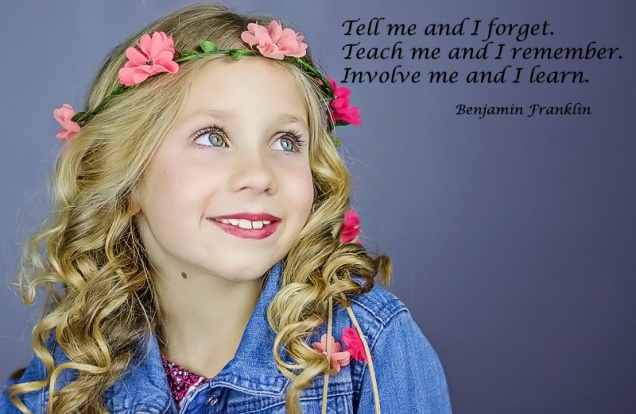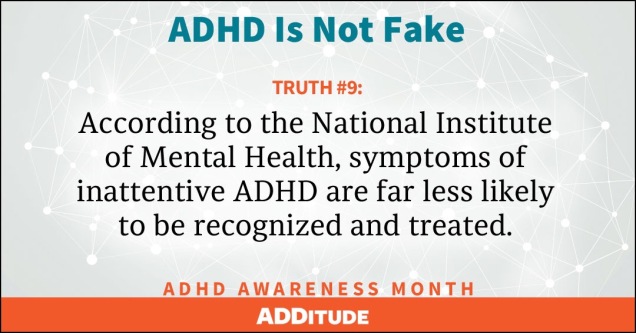registration-for-social-skills-classes-april-23rd-may-28st-updated
Registration is now open for our last set of social skills classes before the Summer!
For some students, obtaining and utilizing good social skills do not come naturally. They move through their environment having a difficult time communicating and understanding more than just direct language-based interactions. For example, good social skills include sharing space with others and learning to regulate one’s own behavior to other people’s thoughts or expectations as well as using your whole body to understand what people are “saying” around you. For some students, these skills need to be taught.
We are offering three different sessions, each with a specific focus. We believe that empowering the parent/guardian is equally important in teaching social skills to a child. Please plan on staying for the parent session of your child’s class to learn what your child is learning and how to help your child at home. For session one and session two, teacher letters will be e-mailed weekly to each parent. This gives you the opportunity to share what your child is learning with his/her teacher and helps connect what your child is learning to his/her school environment.
All classes are held at 9700 Research Drive, Suite 132, Charlotte, NC 28262. The total cost for a six-week session is $225.00. To register, fill out the registration form and e-mail it to us at confidentsolutions7@gmail.com. Each group will have no more than 5 students so we can practice “thinking” about thinking as well as individualize for each child.
If you are new, we recommend beginning with the self-awareness, self-monitoring, and self-control class first. If you have questions about any classes, please feel free to e-mail us at confidentsolutions7@gmail.com. You may be interested in reading about who could benefit from a social skills class here Who Benefits From Social Skills Classes? and Social Learning
Session 1: Social Learning through Self-Awareness, Self-Monitoring, and Self-Control
Following the Think Social! model, children and parents will learn the differences between self-awareness, self-monitoring, and self-control. Students will learn about “hidden” social expectations in different environments, how behaviors are connected to emotions, strengthen imitation skills, how to gain self-awareness with individual behaviors, move into self-monitoring tools for shifting negative behaviors into positive ones, how to identify if a problem is a big one or little one, and learn how to use your whole body to listen. Each child will choose a personal behavior goal and learn tools to help create a shift in awareness and behaviors.
This group meets from 3:00-4:00
Session 2: Theory of Mind and Zones of Regulation
Theory of Mind is the way we understand and interpret our social world with knowing that other people have different thoughts, views, perspectives, and feelings. Following the Theory of Mind philosophy and merging the Think Social! Zones of Regulation, students will learn how to be more mindful of other people in their social circles. They will begin to make a connection between their actions and how others are feeling. Zones of Regulation teaches children how to become aware of their emotional state and gives them tools to get back into the “green” zone.
This group meets from 4:00-5:00.
Session 3: Practicing of Social Skills
This session is designed for open practice of the social skills that have previously been taught. We will create opportunities for the students to practice social thinking and executive functioning skills in a play environment. This gives us the opportunity to help each child individually navigate a challenging social scenario using their tools and knowledge from previous groups. Due to the level of individualization, instead of a weekly teacher letter, we will give our contact information to your child’s teacher and can facilitate open communication on skills their student continues to strengthen as well as get feedback on what skills need continued practice in the school environment.
This group meets from 5:00-6:00

With Appreciation,
Christina and Wendy









